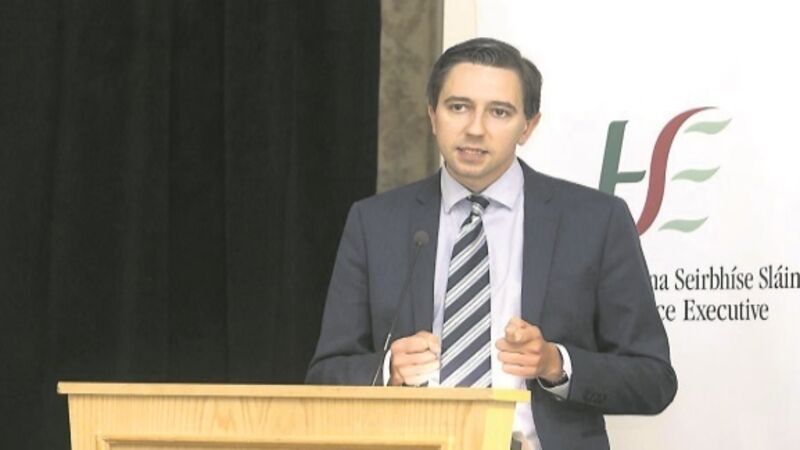Harris backs HSE spend on managers

Mr Harris reacted tetchily to Fianna Fáil criticisms following the release of workforce figures that show almost three senior managers were appointed in the HSE every week this year.
“This old chestnut is straight out of a typical book of opposition politicians during the summer season,” he said, calling the interpretation of the figures “a lot of hype”.













